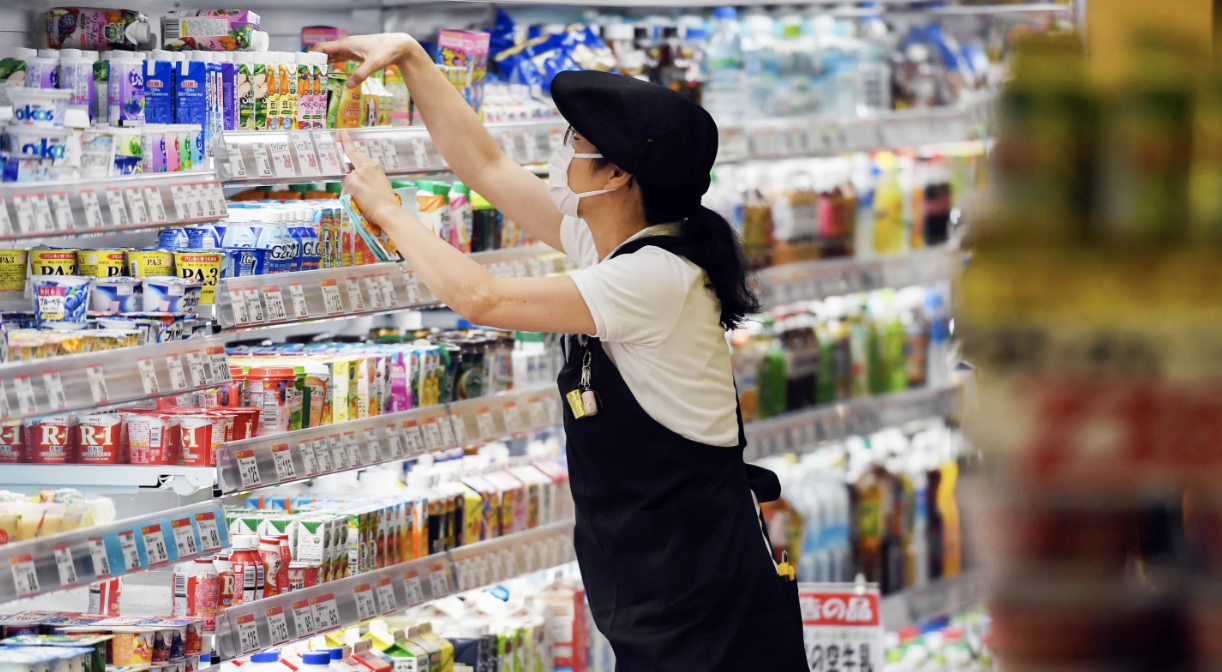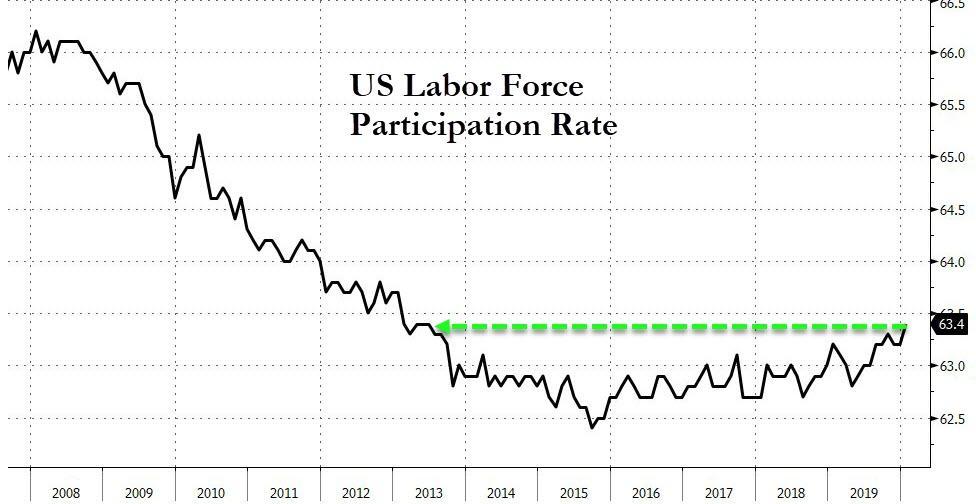“I Have No Idea What To Do Now”: South Korean & Japanese Firms Screwed By Shortage Of Chinese Migrant Workers
Since COVID-19 went global just over two weeks ago, we’ve spent a lot of time discussing how China’s economic shutdown is going to impact the global economy. But by focusing on giant companies like GM and Foxconn, we’ve maybe overlooked some of the little people.
People like the millions of Chinese migrant workers who occupy unskilled and skilled jobs in South Korea and Japan. Many companies in agriculture and construction employ young Chinese ‘technical interns’ to compensate for serious labor shortages. These workers effectively form the base of a transnational supply chain. And without workers, the agricultural sector could be in a serious bind as the spring and summer approach.
In a story published Friday, the Nikkei Asian Review offers a glimpse into the world of migrant workers in Japan and South Korea (the paper essentially caters to English speakers in East Asia outside mainland China).
As Nikkei reminds us, South Korea’s economy has experienced a serious backlash from the global resurgence of protectionism and mercantilist trade policies. These changes have disrupted trade and global supply chains across Asia, creating winners and losers (Vietnam has often been cited as a beneficiary of President Trump’s antagonism of Beijing), and South Korea is an example of a fast-growing economy that has been upended. Some economists have gone so far as to argue that it could be the ‘canary in the coal mine’ for the global economy if trade continues to decline.
That being said, the situation is often overshadowed by South Korea’s accomplishments in culture and arts. A foreign film directed by a South Korean and produced in South Korea won best picture at the 2019 Academy Awards, becoming the first foreign film to ever win the honor. Young Americans are increasingly listening to Korean “K-Pop” artists directed at the teenage demographic in South Korea.
In some cases, Chinese workers who have lived in South Korea for years are being fired in what some might describe as a xenophobic panic.
Ahn and Choi are among those impacted by the outbreak. On Wednesday, the two men were sharing a drink of Korean rice wine at a convenience store in Daelim-dong, the largest residential and commercial area for Korean-Chinese workers in Seoul, and commiserating over their plight.
Choi, 62, said he was fired a week ago from a hospital in Pyeongtaek, 65 km south of Seoul, where he had worked as a caregiver for a year. Choi is from Jilin Province in northeastern China, where many people of Korean descent live.
“I was forced to leave my job just because I am Chinese,” said Choi, adding that he has been in South Korea for more than a decade.
“I have no idea what to do now.”
Ahn, meanwhile, said he has no hope of getting a cleaning job at a sauna or a golf course because people are avoiding such activities due to fear of the coronavirus, which had infected 28 people in the country as of Wednesday.
“Many stores and companies are closed due to the virus. I hope it goes away as soon as possible.”
Chinese who speak Korean (there are ethnic Korean communities in mainland China) are often sought after in South Korea for jobs, some of which can still pay a decent wage, even if the primary appeal of the workers is that they’re generally cheaper to hire than locals (veteran Silicon Valley coders should recognize this dynamic).
But some of the labor shortages are the result of genuine problems with getting workers from one place to the next when countries around the world are tightening their borders. As NAR explains, in Japan, the problem is that prospective and current employees can’t get back to Japan after going home to visit family for the LNY holidays.
Agriculture, construction and other industries are really feeling the squeeze.
The problem is particularly acute for sectors such as agriculture and construction, which rely on Chinese “technical interns” to fill serious labor shortages.
The government-backed technical trainee program is often seen as a back door for foreign unskilled workers to work in manual labor in Japan. The interns typically stay in the country for three years, and are crucial for rural areas, whose own young populations are increasingly moving to big cities.
According to the Organization for Technical Intern Training, there were about 90,000 Chinese approved interns in 2018, accounting to 23% of the total.
Representatives from Japan’s big ag cooperatives spoke to the NAR about the problems, possibly in an effort to influence popular opinion and/or government policy.
They cited specific examples in the industry where companies depending on the Chinese “interns” are being left high and dry.
Several regional representatives for the Japan Agricultural Cooperatives expressed their concerns to the Nikkei Asian Review.
“Honestly, it will be a difficult situation if the trainees miss their schedule,” said Takayuki Fukuda, manager at JA Churui in Hokkaido.
Churui was expecting three interns from China’s Hubei Province, where the virus broke out, to arrive in March. Even if Japan allows entries from the province by then, the prospective interns are not able to take the necessary training in China. That means their arrival is likely to be delayed or cancelled, Fukuda said.
At Iwai in Ibaraki Prefecture, which produces green onions and lettuce, three technical interns from Hubei and Sichuan provinces who went home for the Lunar New Year are unable to come back to Japan. JA Iwai is also expecting four new Chinese trainees in June, but “we are considering delaying their participation,” a representative said.
In Tokyo, Takashi Maruyama at Shutoken Shouko Kensetsu Cooperative for the construction sector also said some Chinese interns cannot return for work from their holidays. He added that he is concerned about the new interns who were scheduled to arrive in the next months.
The cooperative sends about five to 10 Chinese interns to its member companies every month. “There has been labor shortage in the last few years,” Maruyama said. “If the virus situation do not calm down, companies will be affected.”
The virus may also hit factories. Some Chinese interns for Aichi Machine Industry Cooperative, which is located in the hometown of Toyota and its suppliers, are also expected to delay their arrival.
The cooperative’s representative said it will consider taking more interns from other countries instead “depending on the situation.” It currently accepts about 440 interns from China, Vietnam and the Philippines.
Globalization has created an international tapestry of goods, services and labor that’s almost inscrutably complex. But examples like these are a reminder: the economic ramifications of the outbreak will be felt outside the PRC.
Then again, we can’t help but wonder: Where could these countries turn for reliable migrant labor?
We have a few ideas…
Tyler Durden
Fri, 02/14/2020 – 22:45
via ZeroHedge News https://ift.tt/38tEr33 Tyler Durden

